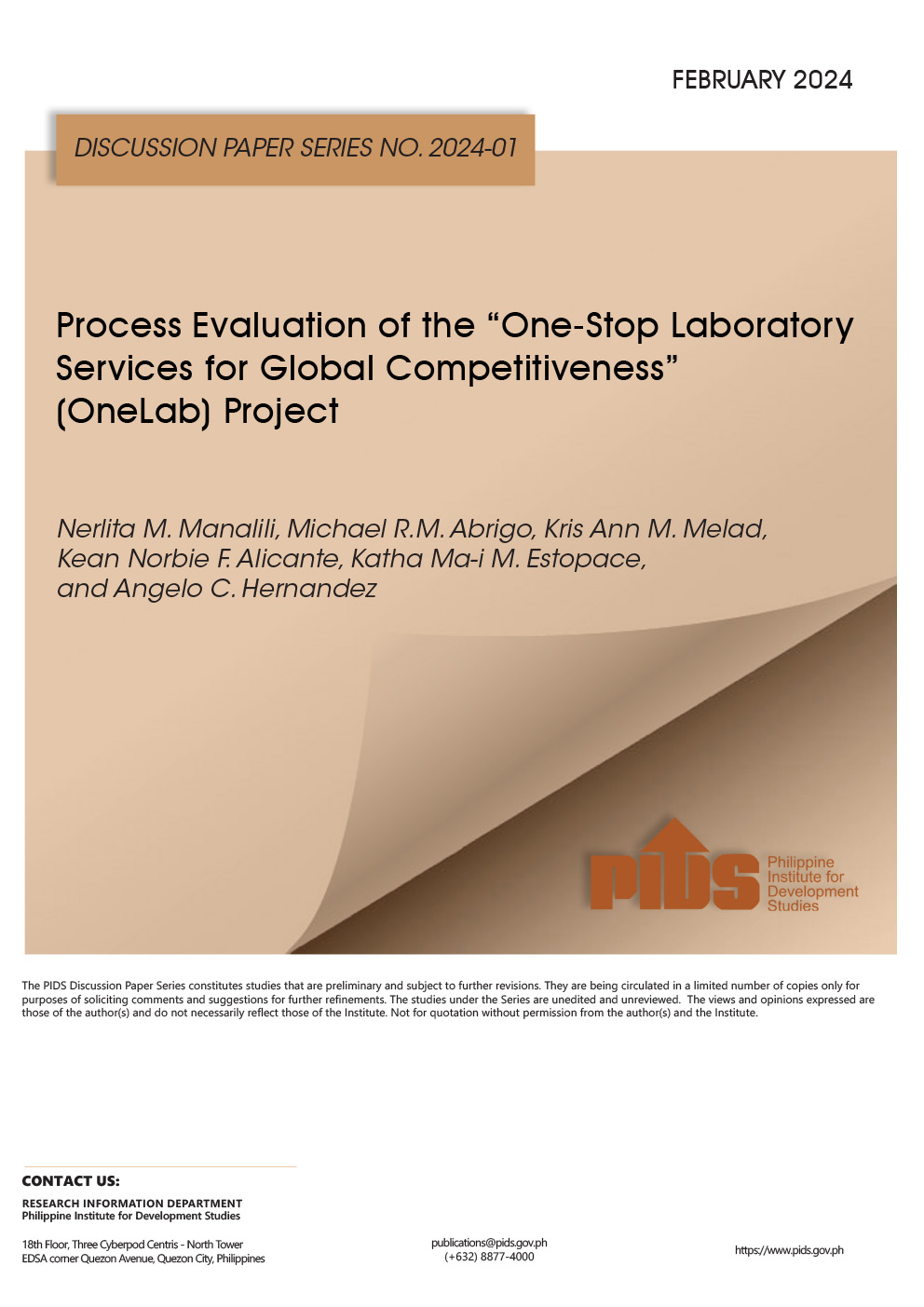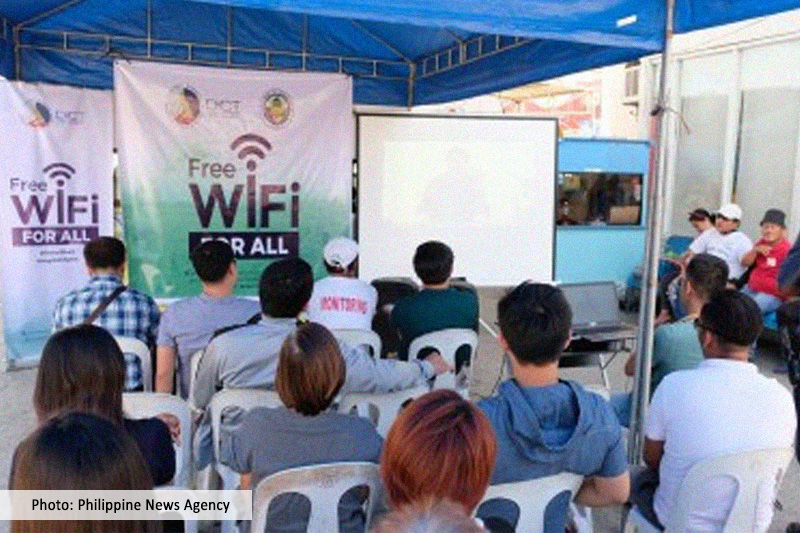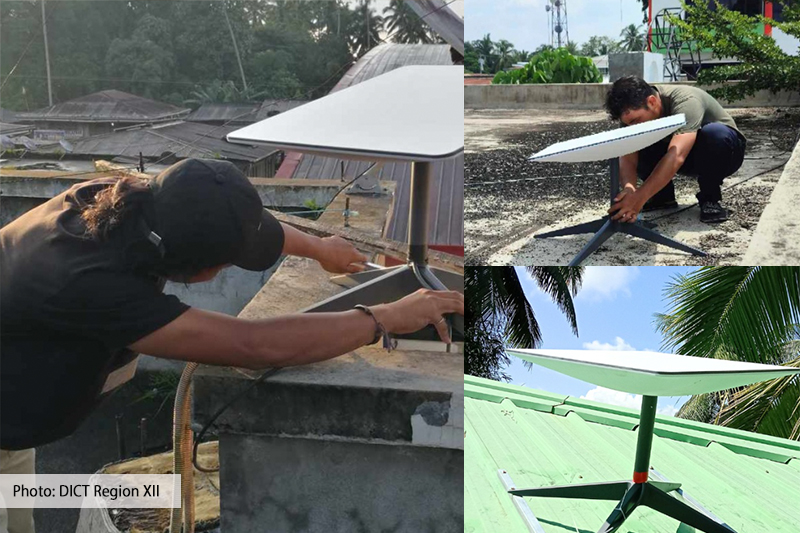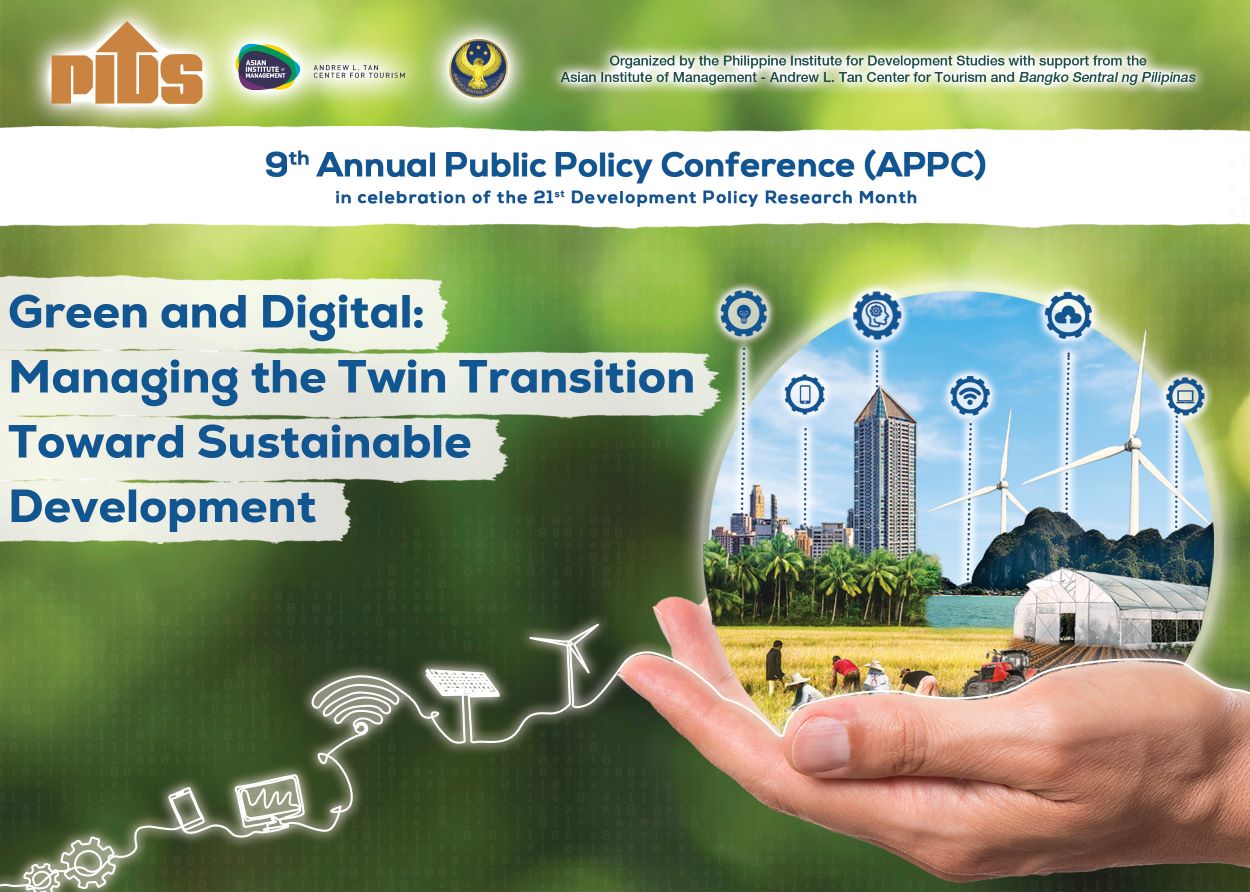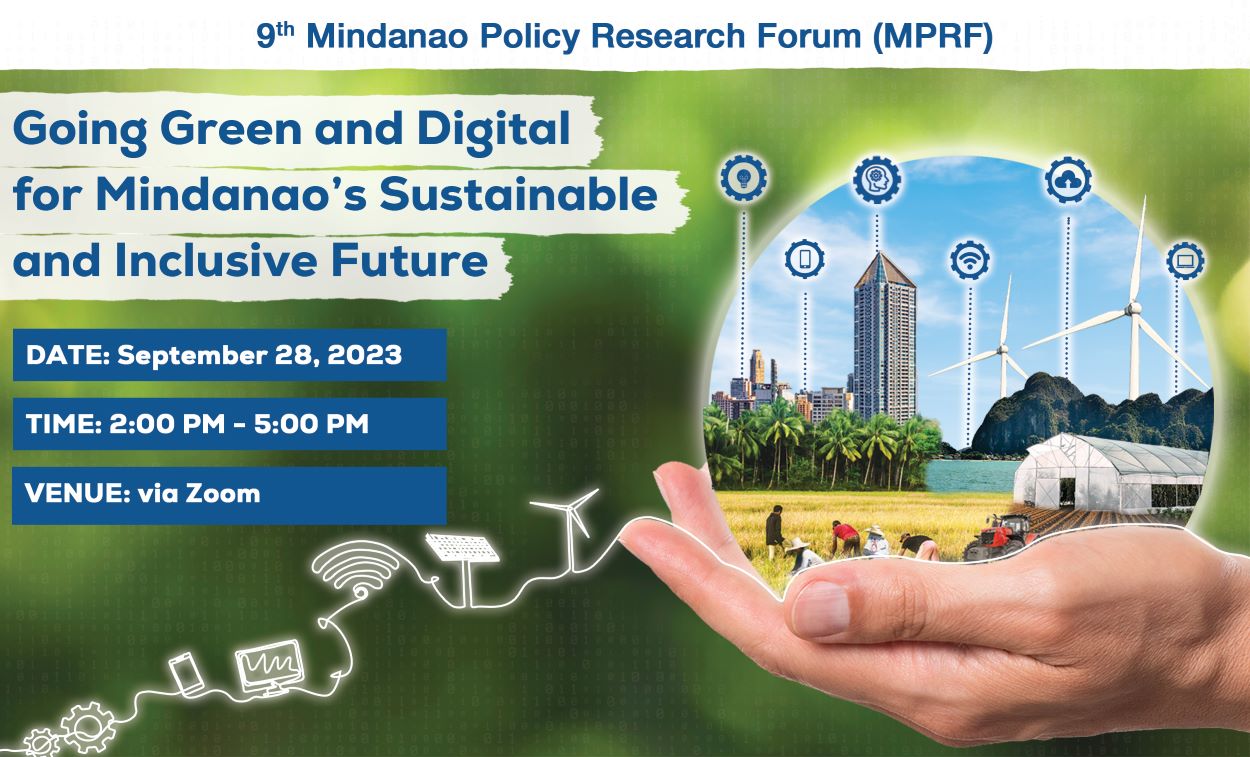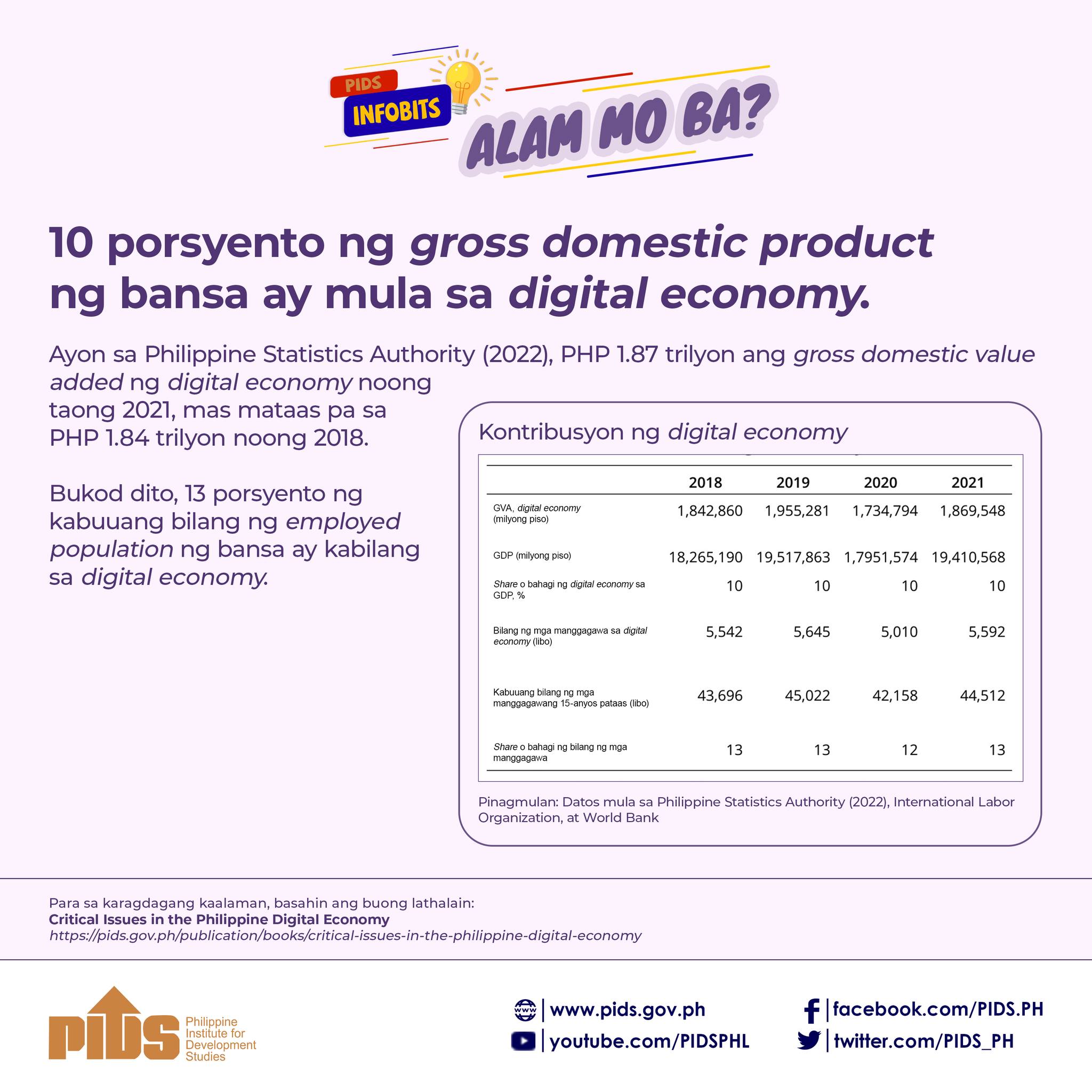Providing accelerated and inclusive internet connectivity across the country for economic and social benefit needs to be a policy goal, according to a paper released by the Philippine Institute for Development Studies (PIDS).
“Reducing the digital divide in terms of internet access must continue to be the policy priority,” PIDS senior research fellow Ramonette Serafica and research specialist Queen Cel Oren in a discussion paper.
Serafica and Oren underscored the importance of partnerships between the private and public sectors in reducing the digital divide, including the delivery of government plans and programs such as free WiFi projects.
“Best practice models of achieving universal internet access should be studied to develop schemes targeted at specific markets or user groups,” they said.
Serafica and Oren cited as an example the government providing the service at a lower cost or building infrastructure that private companies can use to offer internet services for underserved and unserved areas in the country.
Citing an earlier study, they said the government may also incentivize facilities-based broadband providers in areas where internet service is unavailable or inadequate.
“Key to developing viable and sustainable solutions is knowing where the gaps exist. The NTC [National Telecommunications Commission] could develop a uniform reporting system for ISPs [internet service providers] while the DICT [Department of Information and Communications Technology] could compile and publish a broadband map which identifies internet service availability down to the barangay level where competition in the last mile occurs,” they said.
Apart from examining options to address the digital divide, the authors said other areas of research could be useful.
The paper discussed internet connectivity value chain, including international link, domestic backbone, middle mile and last mile; and barriers to competition in the internet access connectivity segment.
“Future research could focus on the other segments, such as content rights, online services, and user interface or specific industries such as digital advertising, software development, gaming, or esports. Specific issues could also be examined such as self-preferencing and net neutrality,” it added.

